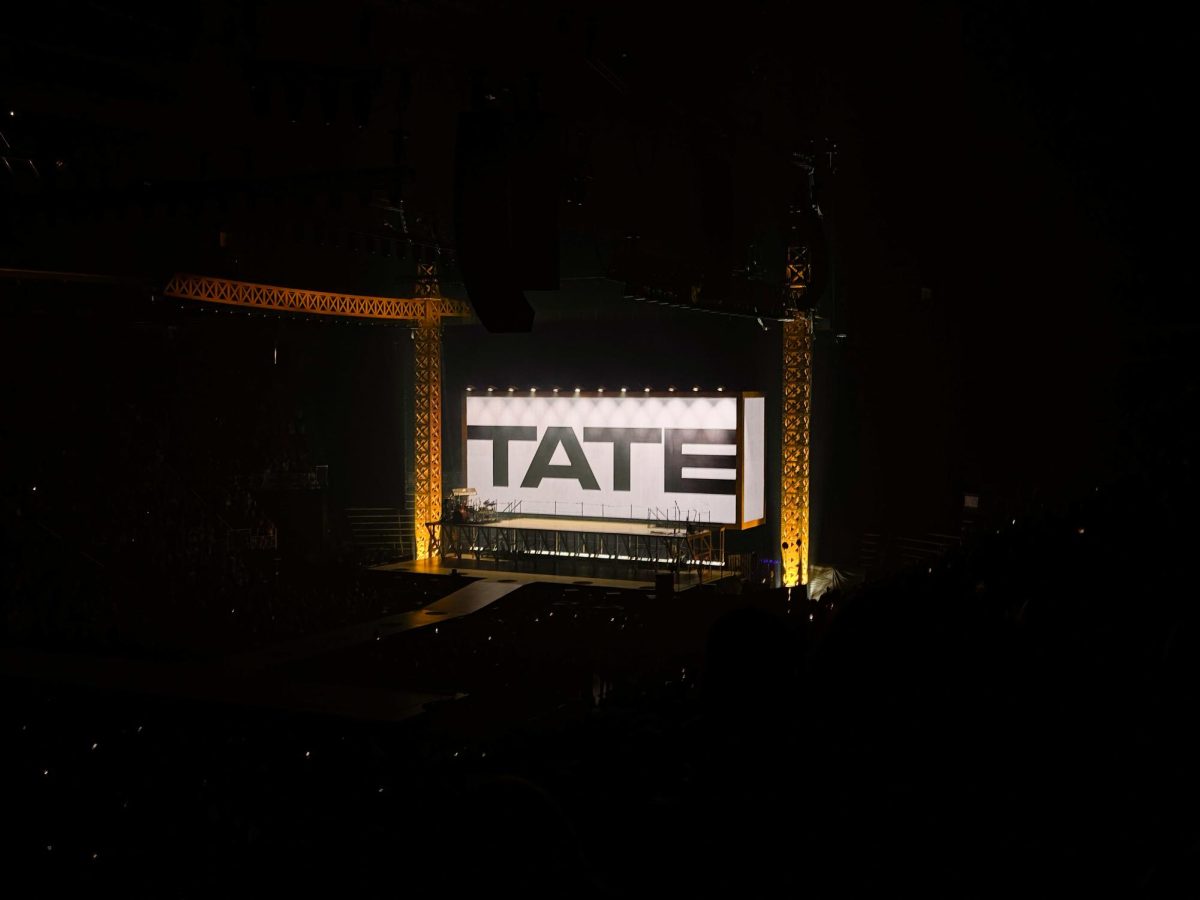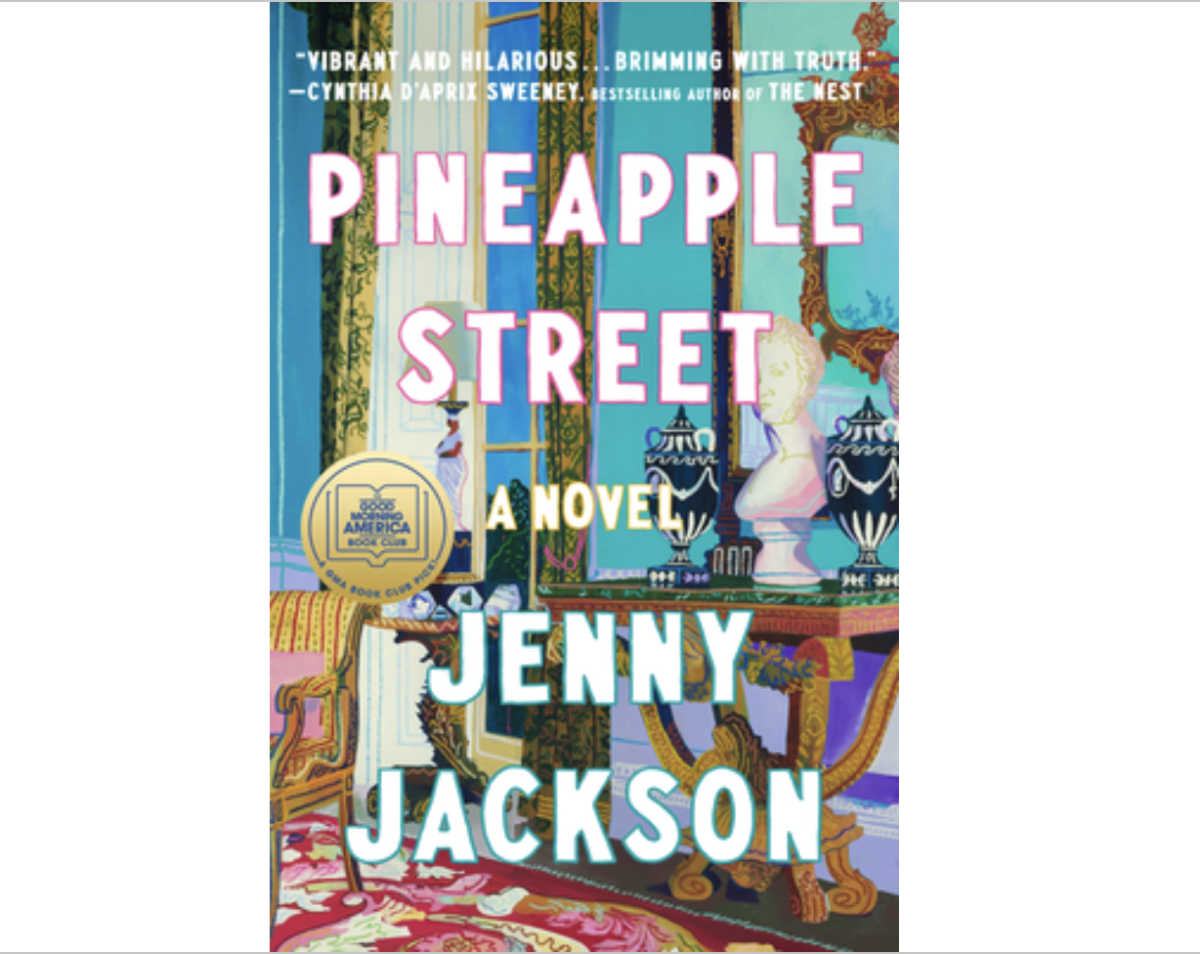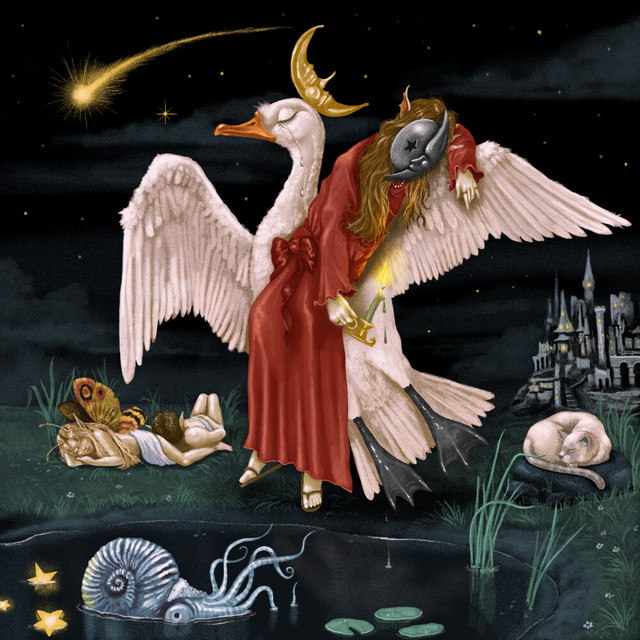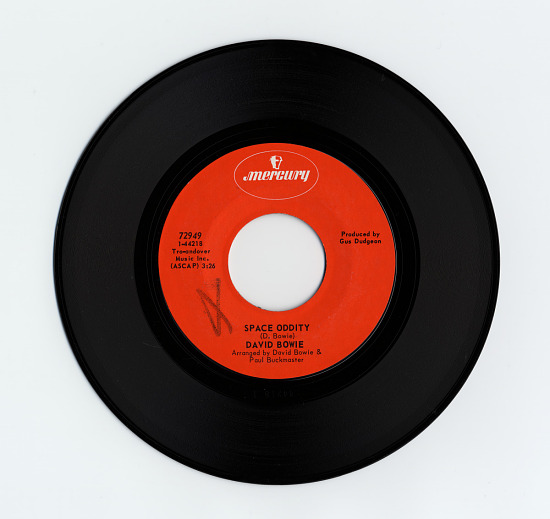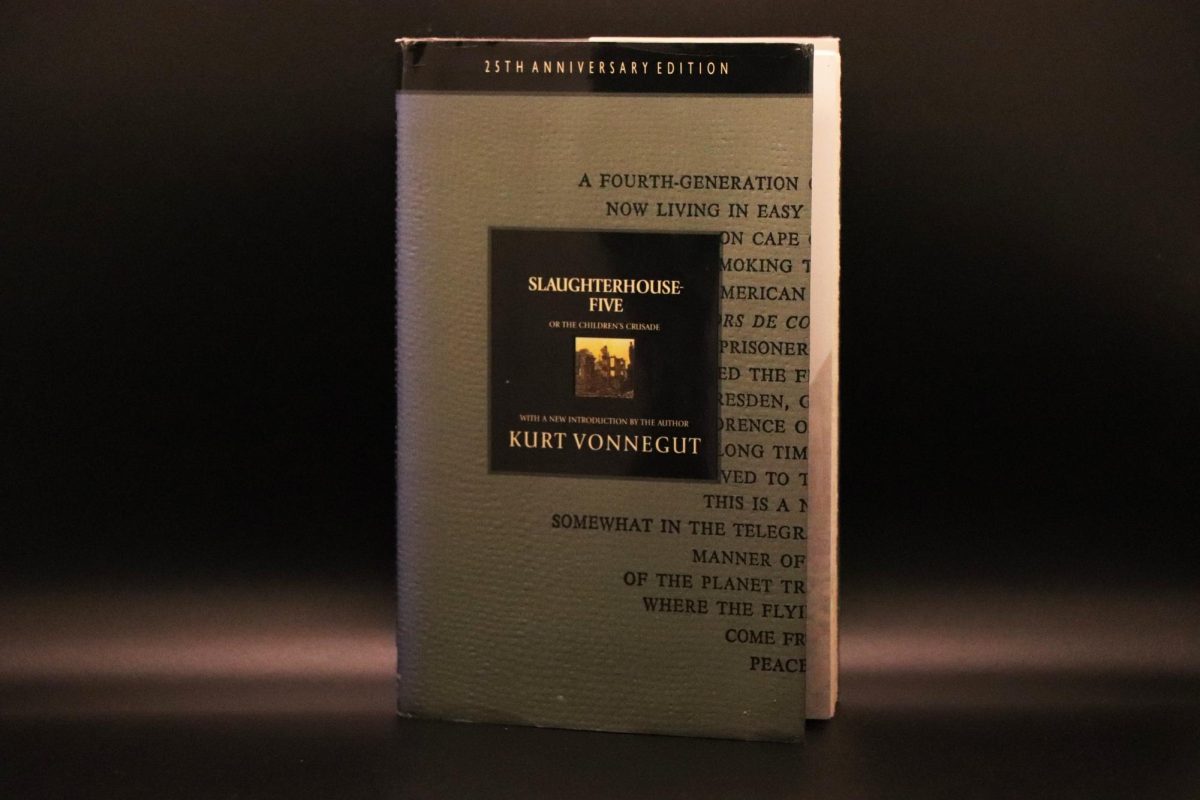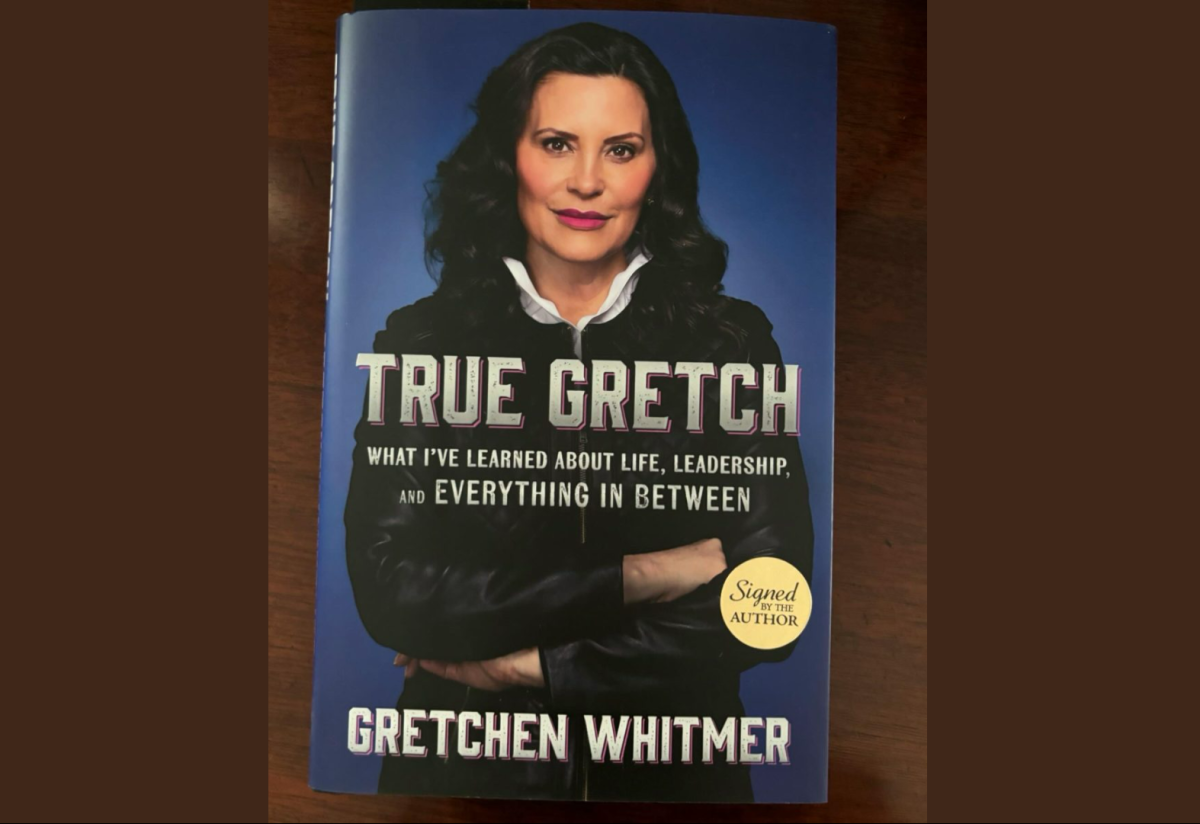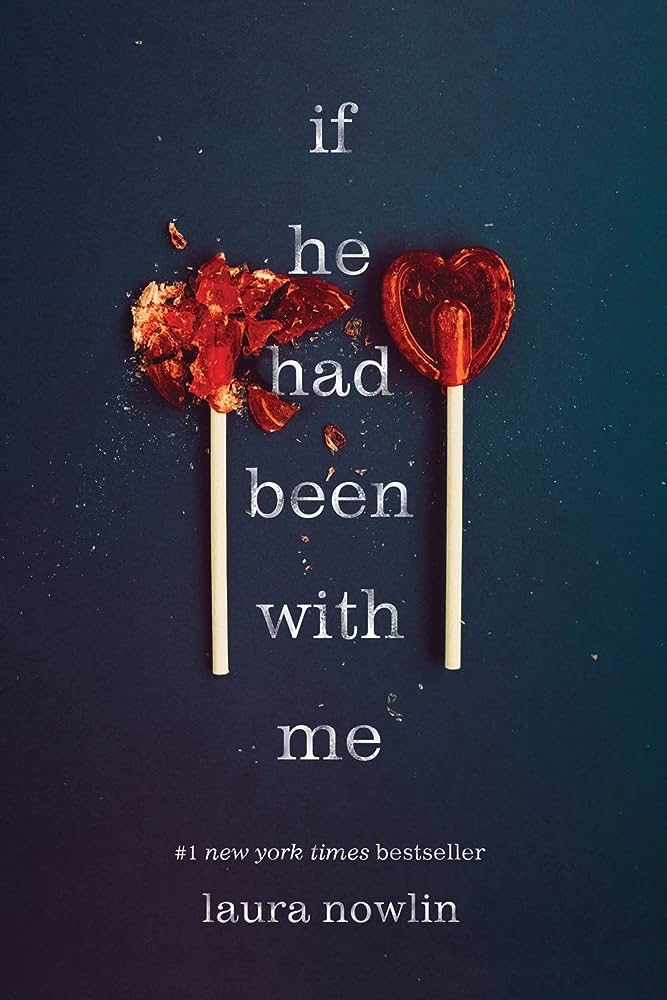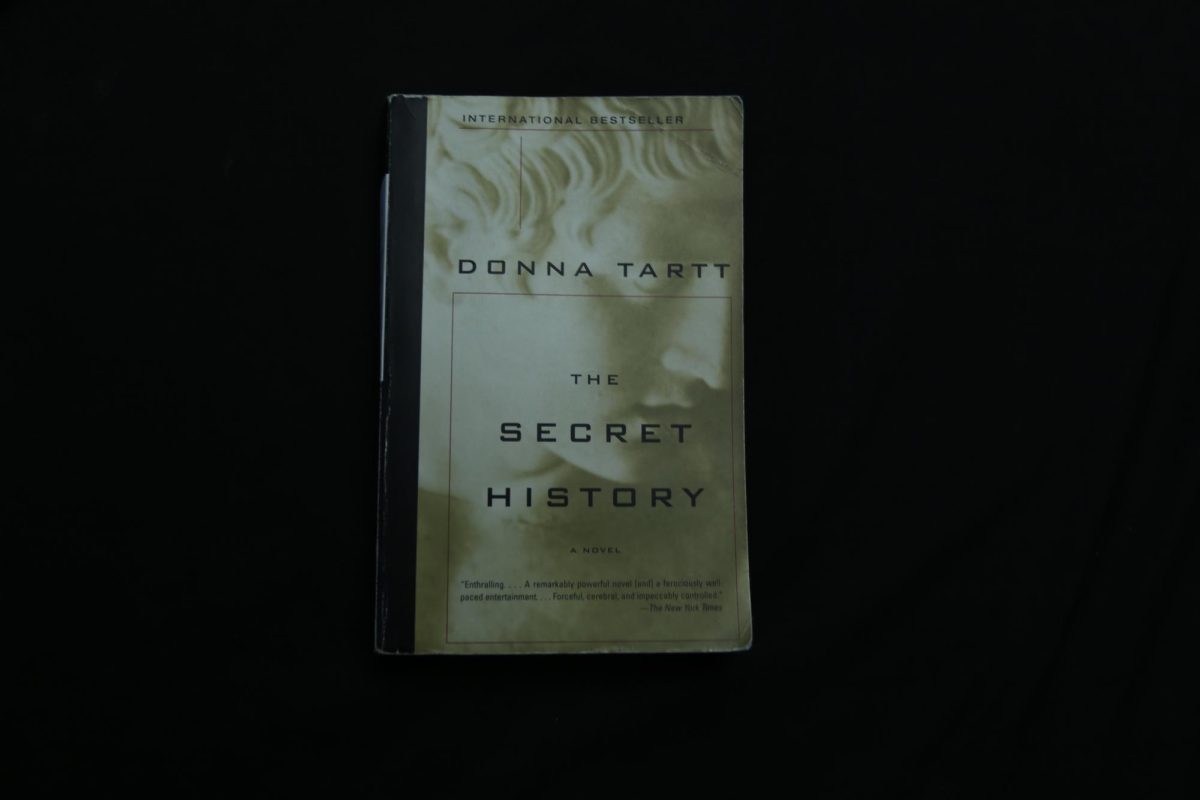
“I came a long ways to be here,” said Lorne Bair from Winchester, Virginia at the Ann Arbor Antiquarian Book Fair on Sunday, May 22nd. Bair was one of 38 dealers coming from as far as Tennessee and Missouri and meeting at the Michigan Union to buy and sell fine, rare and out-of-print books as well as other materials including maps, photographs and first editions.
One of the oldest book fairs in the Midwest, the Ann Arbor Antiquarian Book Fair started in July of 1976 and was not initially a success. However, it eventually began to grow and has gone from 14 book dealers to around 40 every year. According to the official website, this is actually the 32nd fair, but an early wine-induced mishap by the event’s planners resulted in two 8th annual fairs, therefore Sunday’s event was officially only the 31st year.
Bair, of Lorne Bair Rare Books, has been attending the fair for five years. Introduced by a colleague and business with the University of Michigan, Bair has found it to be a positive experience. “I really like Ann Arbor. And I buy a lot of books here … I always meet interesting new customers, so, I come back every year,” Bair said. Specializing in American social movements, Bair buys and sells “everything from [materials concerning] women’s suffrage, to the civil rights movement, to early labor movements and radical politics, all the way from the Civil War through the 1960s … literature about forgotten and underrepresented minorities and social types,” he said.

One of his favorites, titled “Flophouse”, was written by Jesse Walter Dees Jr. and published in 1948. “This is a great book … it’s a memoir by an American social worker, a professor, who dropped out and went on the road to be a hobo, and lived in what were called flophouses. [Flophouses] were basically cheap hotels for vagrants and homeless people in the thirties, and this is his memoir, and it’s a signed copy, you never see it signed, so it’s a really cool book,” he said. Whenever he comes across a copy in good condition, he wants it.
Books have always been a part of Bair’s life, even as a small child. In fact, he only began to sell them because his only other option was to “Keep buying more books, and get a bigger house every five years,” he said. Soon enough, Bair was involved full time. Still, to have books to sell, Bair has to buy them. “In fact, I buy more than I’ve sold here today,” he said. One purchase he was especially excited about was a 1917 fifth edition of the IWW Songbook, the earliest copy he has ever owned. “This … is one of the most important books ever published in America. It’s the songbook of the Industrial Workers of the World. It was published and printed in huge numbers, and distributed, and these songs were the songs that really … built the early labor movement in America. They’re [the songs are] all very funny and satirical, and … they all kind of advocate the overthrow of the status quo, and it’s quite rare to find them from before around the 1930s … the first edition is almost impossible to find. The fifth edition is the earliest one I’ve ever had, so, I’m very very

excited to have it,” Bair said.
Books clearly have an immeasurable impact on our history and society. There is so much you can get from a book, especially old books, and Bair considers them irreplaceable. “I think most of us agree that for books that are strictly informational, books that people buy only for the information that’s contained in them, the electronic medium will probably replace those over time. But there’s so much more to books than simply the information that’s contained in them. They have a look and a feel and a touch and a smell, and they are historical artifacts that communicate a lot more about their period than simply what is written in them … There’s the design of the pamphlet, the kind of paper that it’s printed on, there’s evidence of how it was used and how it was read by a previous owner, all of that is really important historical information that can’t be captured with an electronic device,” Bair said. “I totally support people who want to read books on Kindles, I think it makes total sense. It saves trees, but I don’t think it can replace the experience of handling really old books.”



